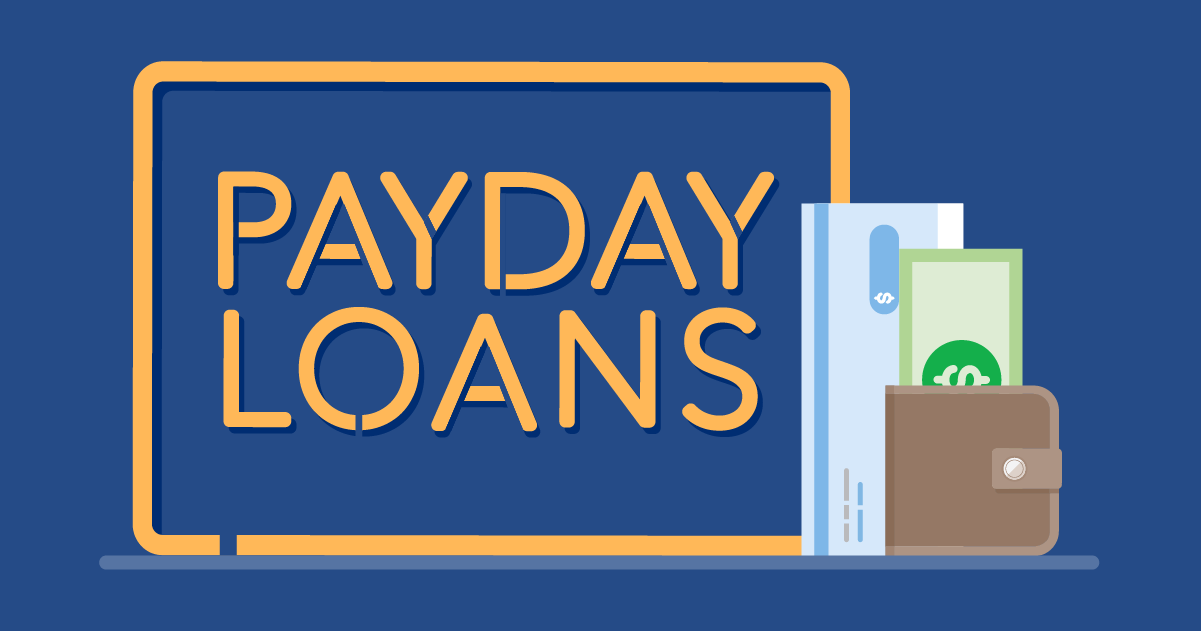While there is no widely agreed definition of a payday loan, it is typically a short-term, high-cost loan of $500 or less that is repaid from your next Payday loans NZ. Payday loans may be provided in storefront payday lenders or electronically, based on your state’s laws.
The following are some of the most prevalent characteristics of a payday loan:
- Payday loans are for modest amounts, and several states have set a maximum lending amount. A usual loan limit is $500, though there are limitations in front of and behind this amount.
- A payday loan is often repaid in full on the borrower’s next payday or when additional income is obtained, such as from a pension or Social Security. The loan’s final deadline is usually 2 to 4 weeks after the loan was approved. The payday loan agreement specifies a fixed due date.
- To repay the loan, you often write a post-dated check for the entire sum, including fees, or authorize the lender to electronically drain money from your account, credit union, or prepaid debit card account. The lenders can accept the money or electronically remove money from your account if you do not return the debt on or before the due date.
- A payday lender usually does not take into account your capacity to repay while fulfilling your other financial responsibilities.
- You may get the loan proceeds in cash or check, electronically put into your account, or put onto a prepaid debit card.
Other aspects of the loan may differ. Payday loans, for instance, are frequently intended to be settled off in one big sum. When a loan is due, some state laws allow lenders to “rollover” or “renew” it, allowing the customer to pay only the costs due while the lender prolongs the debt’s due date. Payday loans can be structured in some situations to be repaid in increments over a longer period.
Your state’s laws may allow, limit, or ban such loans.
Some states do not allow payday loans since the state’s law prohibits them or because payday lenders have elected not to do business in certain states at the interest rates and fees allowed. You might be able to get further data from your local regulator or attorney general if your state allows or regulates payday lending.
What are my options for repaying a payday loan?
A personal check or an ACH permission to digitally pull funds from your account, credit union, or prepaid card account are usually required to acquire a payday loan. Read your loan agreement thoroughly to understand how repayment occurs.
Although providing a post-dated verification or approval for an automated debit of your profile is typically required when applying for a loan, some lenders highly urge, and in some cases require, customers, to keep coming back to the store when the loan is due to “redeem” the check. Lenders can offer borrowers the option of rolling over the loan or, where rollovers are prohibited by state law, reborrowing after repayment or the expiration of any cooling off period by enabling or needing borrowers to come to the store on the due date.
These are some of the basic points of payday loans.
